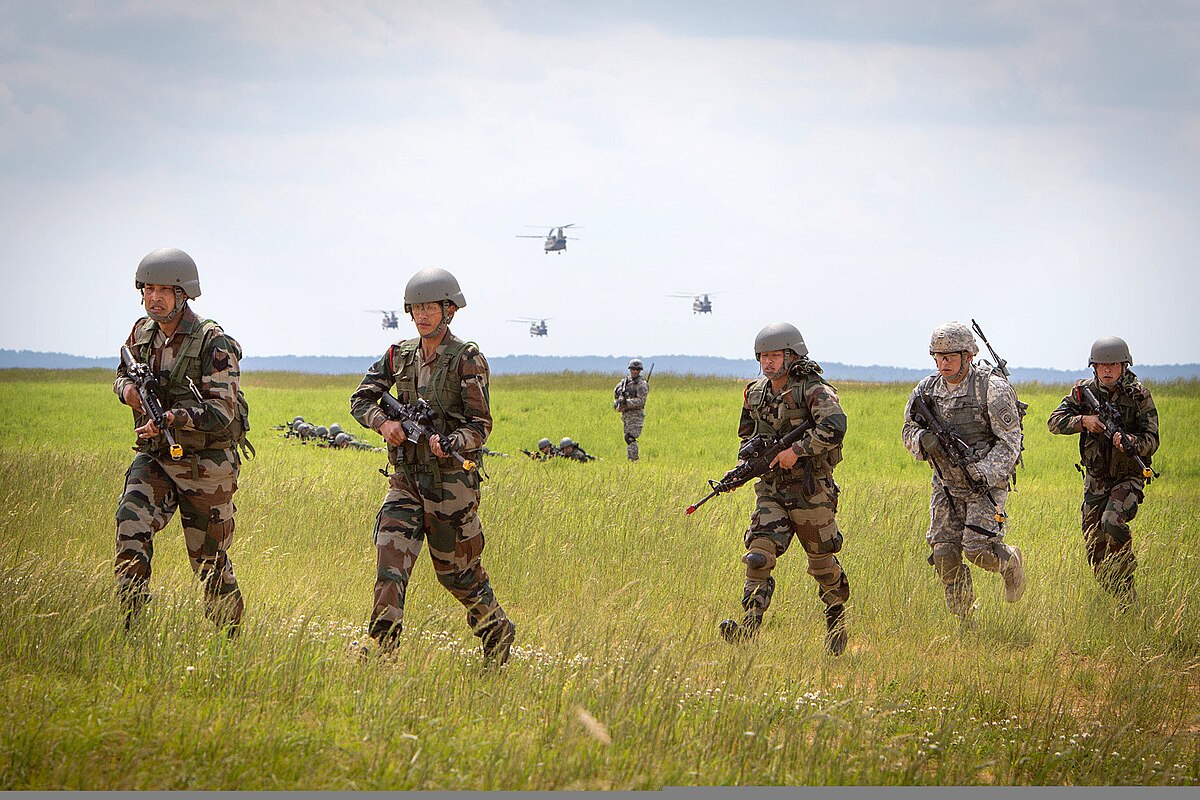Nepali Gurkhas Aspire to Rejoin Indian Army Amid Limited Opportunities

Pokhara, Nepal – A lingering hope echoes among young Nepali men training to join foreign armies as they reflect on the suspended Gurkha recruitment program into the Indian Army. With Nepal's government halting the recruitment pipeline in 2022, these aspirants face diminishing opportunities to secure employment in a country where limited jobs push many to seek careers abroad.
Historical Legacy and Lost Opportunities
For decades, Gurkhas, known as some of the world's fiercest fighters, have served in the Indian Army under a tripartite agreement signed in 1947 between Nepal, India, and the United Kingdom. This agreement allowed India to continue recruiting Gurkhas after British rule ended. However, the recruitment ceased after India introduced the "Agnipath" scheme in 2022, a short-term service program offering recruits a four-year tenure with limited post-service benefits.
The suspension has left many aspirants, like 19-year-old Shishir Bhattari from central Nepal, disheartened. "If we didn’t get into the British Army or Singapore Police, we could always aim for the Indian Army. Now, even that option is gone," said Bhattari, who hopes India revises its policies.
The Economic Appeal
A significant motivator for joining the Indian Army has always been financial stability. The average salary and pension in the Indian armed forces have enabled Gurkha families to improve their living standards and access better educational opportunities. Retired Honorary Captain Krishna Bahadur Ale, who served 30 years in the Indian Army, emphasized how the suspension impacts young Nepalis. "The salary in Nepal’s army is low, so many prefer serving abroad," Ale noted, adding that the Agnipath scheme discourages long-term career prospects.
Diverging Opinions and Political Tensions
India's government defends the Agnipath scheme as a step to modernize the military and attract younger recruits. Prime Minister Narendra Modi has hailed it as a patriotic initiative. However, critics, including opposition leaders in India, have labeled it discriminatory, especially against groups like the Gurkhas, who previously enjoyed longer tenures and pensions.
Nepal’s government claims it was not consulted on the policy changes, violating the tripartite agreement. Diplomatic tensions between Nepal and India have further complicated negotiations, with Nepal's current administration, seen as leaning toward China, showing little urgency to resolve the impasse.
Turning to Risky Alternatives
The lack of recruitment opportunities has pushed some Nepalis to explore unconventional and dangerous paths, such as joining the Russian army. Reports suggest that over 15,000 Nepalis have enlisted in Russia’s forces, with at least 40 losing their lives in the ongoing Ukraine conflict. Economic necessity, rather than patriotism, drives such decisions, said one former Maoist fighter who joined the Russian army.
The Gurkha Spirit Remains
Despite the challenges, the Gurkhas’ legendary ethos persists. Training centers in Pokhara, like the Salute Gorkha Training Center, prepare thousands of young men annually for opportunities in foreign militaries, emphasizing rigorous physical and theoretical preparation.
"We are Gurkhas. Our motto, ‘It’s better to die than be a coward,’ drives us to serve any army with loyalty," Bhattari stated. As these young men continue their grueling training, they hope that Nepal and India can resolve the recruitment deadlock, restoring an avenue that has long been a lifeline for thousands of Nepali families.
For now, the dream of donning the Indian Army uniform remains just that—a dream.





![From Kathmandu to the World: How Excel Students Are Winning Big [Admission Open]](https://nepalaaja.com/img/70194/medium/excel-college-info-eng-nep-2342.jpg)


